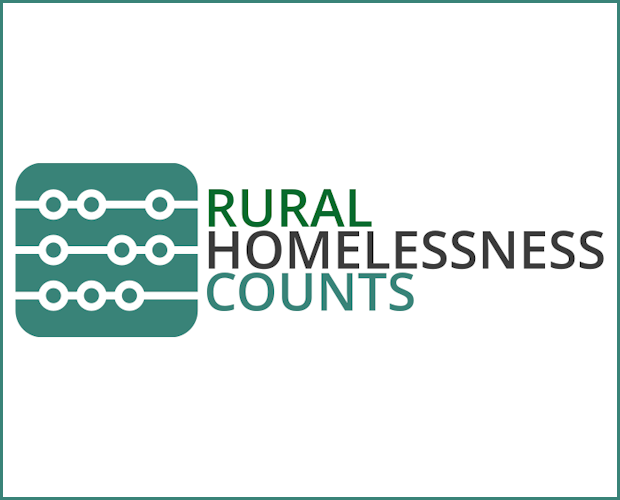T: 01822 851370 E: admin@sparse.gov.uk
Government responds to criticism over levelling up funds

The Government last week published its response to a report by the Levelling Up, Housing and Communities Select Committee on its Inquiry on Funding for Levelling Up.
The Inquiry looked at the funds available for levelling up and how effectively resources are directed to those areas most in need.
Competitive Bidding
The Inquiry had highlighted concerns over the Government's approach to competitive funding. Their view was that local authorities who most require prioritising within the Levelling Up Policy should be allocated money to achieve objectives that are in line with their local circumstances. Furthermore, they stressed that ‘competitive bidding is a resource intensive and costly activity…the competitive process is better suited to larger local government bodies with more ready access to resources which can create an uneven playing field.’
The Government response was that it had set out a plan for simplifying the funding landscape for local authorities. It continued ‘We will continue to deploy competitions where they make sense, but we will also encourage use of allocative approaches where they can best achieve specific outcomes while minimising demands on local authorities.’
|
RSN View The RSN was pleased to note that the Committee recognised the resource demands placed on local authorities to take part in competitive bidding for funds. For rural councils, who are underfunded by Government, having the capacity to compile bids for many different funding pots can be very difficult, leaving them at risk of being left behind in funding allocations. |
Data and Metrics
The Inquiry highlighted concerns over the ‘DLUHC’s lack of sufficient data on all aspects relating to Levelling Up…this raises the question about how the DLUHC measures success or failure in the Levelling Up policy, its initiatives and objectives.’ It also raises concerns over the DLUHC’s decision to move away from the use of the long established IMD to determine priority areas 1 to 3.
The Government’s response was that ‘the IMD does not represent a ‘one size fits all’ solution to measuring need’. It does also add that the vast majority of metrics are now publicly available.
|
RSN View The RSN commissioned research into the Levelling Up Measures and Metrics proposed by Government. This found that if you considered rural areas in England as a region, it would be most in need of levelling up using the Governments own metrics. The RSN is concerned about the use of metrics at a regional level as this can mask, the deprivation that can be found in rural communities. It welcomes the Government view that the IMD does not represent a one size fits all solution to measuring need and has campaigned for the right metrics to be used which capture rural deprivation. |
YOU MAY ALSO BE INTERESTED IN
SIGN UP TO OUR NEWSLETTER
Sign up to our newsletter to receive all the latest news and updates.









